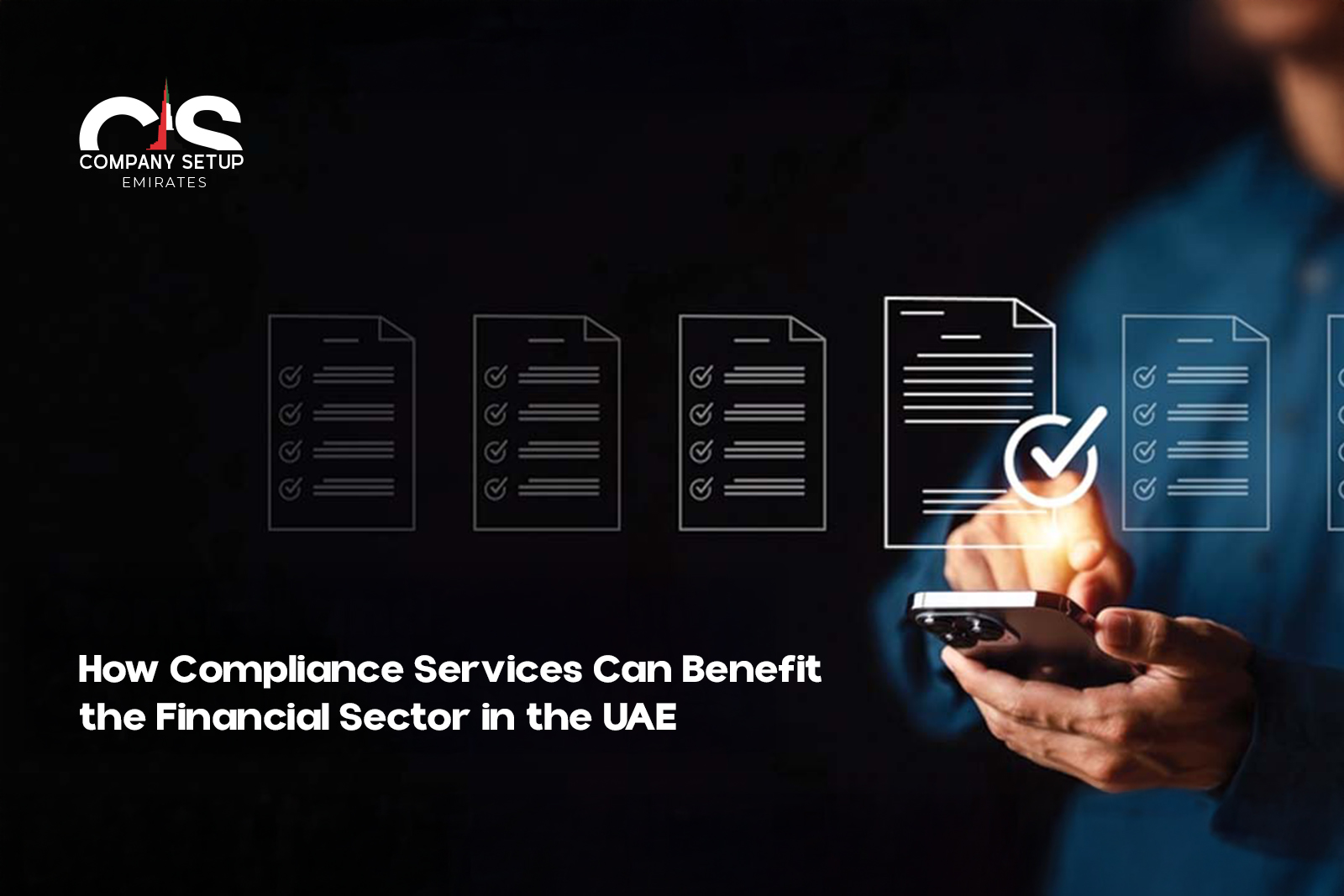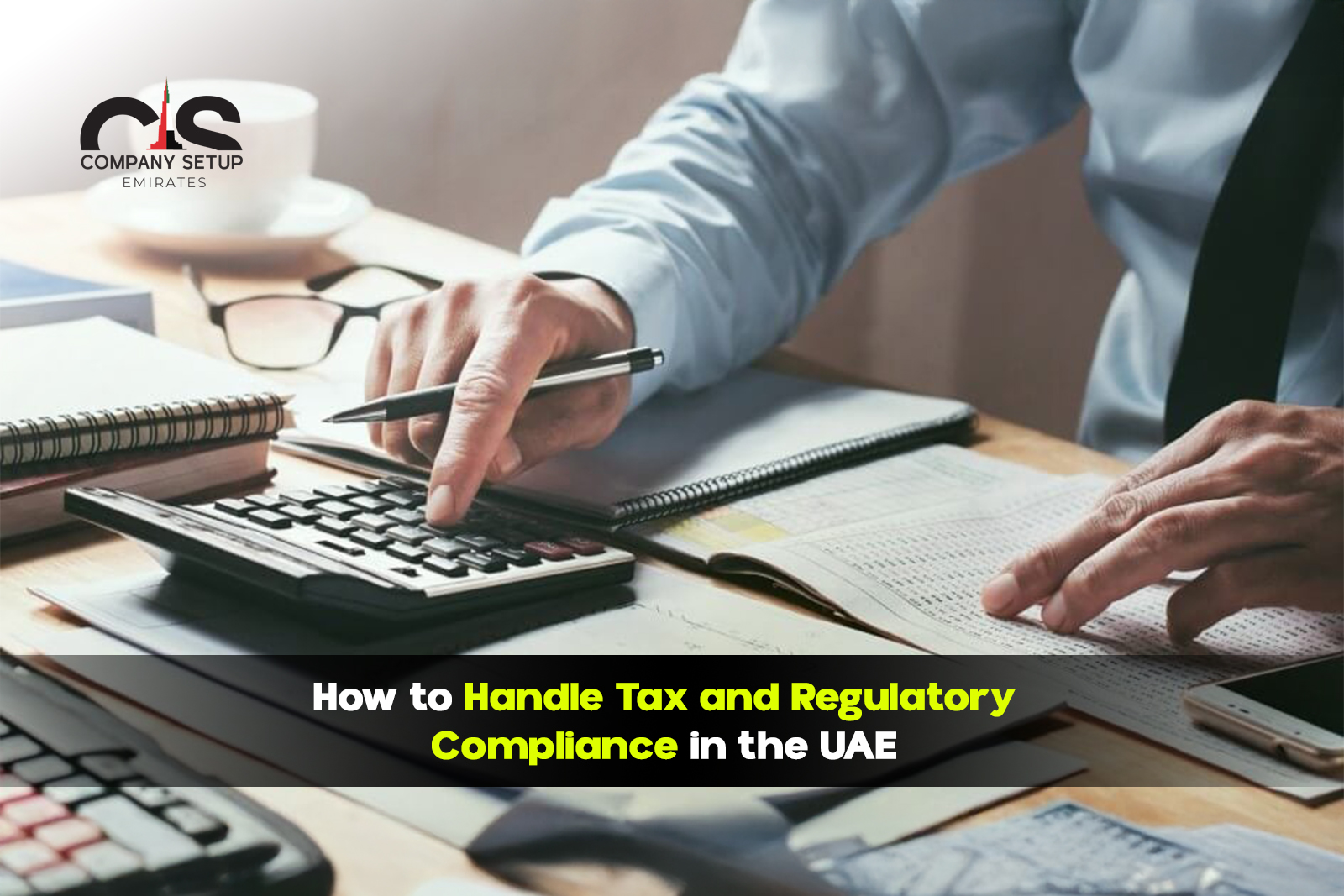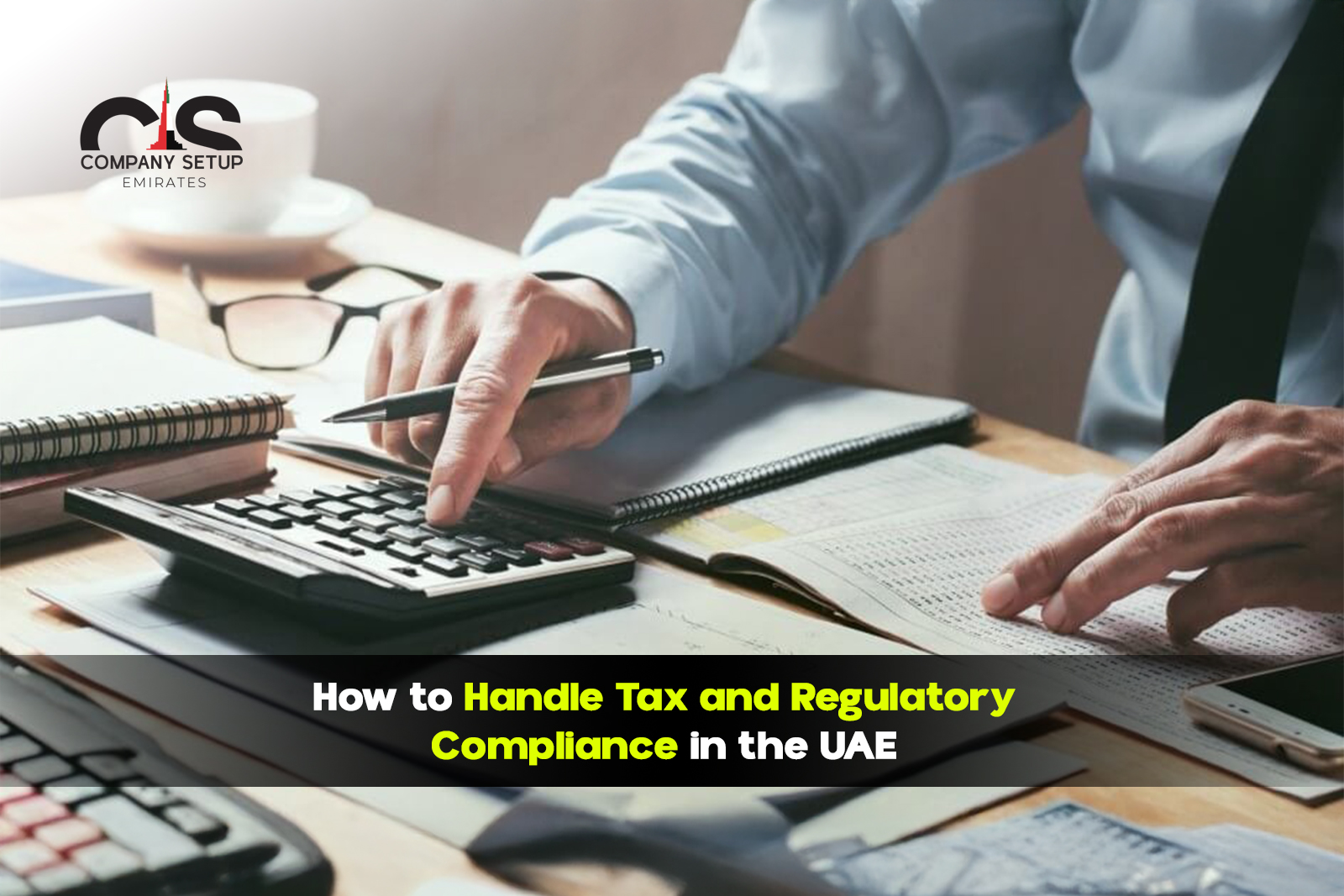Starting an Import-Export Business in Dubai can be an exciting and profitable venture. As one of the most dynamic business hubs in the world, Dubai offers an ideal environment for trading goods globally. The city’s strategic location, advanced infrastructure, and favourable business policies make it a prime destination for entrepreneurs looking to engage in international trade. Whether you’re importing goods into Dubai or exporting products from it, understanding the process and requirements is key to setting up a successful business.

Import-Export Business in Dubai: Key Steps to Get Started
1. Conduct Market Research
Before jumping into the world of imports and exports, it’s crucial to carry out thorough market research. Understanding the demand for specific goods in Dubai and identifying potential suppliers and buyers are critical first steps. Researching industry trends, import/export statistics, and competitor strategies will help you pinpoint profitable opportunities.
2. Choose Your Business Structure
- Mainland Company: option allows you to operate directly in Dubai. You can trade with both local and international markets. However, you may need a local sponsor for a mainland business, which means partnering with a UAE national who will hold 51% of the company’s shares.
- Free Zone Company: If you prefer full ownership, setting up in one of Dubai’s free zones is an excellent choice. Dubai’s free zones offer 100% foreign ownership and other business-friendly benefits, such as exemptions from import duties and full repatriation of profits.
3. Obtain Necessary Licenses
Every Import-Export Business in UAE requires specific licenses to operate legally. Depending on your chosen business structure, you will need to apply for the relevant license from the Department of Economic Development (DED) for mainland companies or the respective Free Zone Authority for businesses in free zones.
Generally, you’ll need the following licenses:
- Import/Export License: This is the core license needed for international trade. It permits you to legally import and export goods within Dubai and beyond.
- Commercial License: license is required for businesses involved in trading goods. The commercial license is issued by the DED for mainland companies and the Free Zone Authority for businesses in free zones.
4. Register with Dubai Customs
Dubai’s customs regulations are vital for ensuring smooth operations when it comes to the import and export of goods. After obtaining your business license, the next step is to register your Import-Export Business in UAE with Dubai Customs. The registration process involves the following:
- Setting up an account with Dubai Customs to facilitate imports and exports.
- Getting a customs code, which is required to process shipments.
5. Set Up Your Office and Warehouse
A well-established office and a warehouse are crucial for running an effective Import-Export Business in UAE. The location of your office will depend on the business structure you choose—mainland, free zone, or offshore. If you’re opting for a mainland setup, you may need to rent an office space in the city. If you go for a free zone, office spaces are often provided as part of the business package.
6. Develop Relationships with Suppliers and Customers
Building strong relationships with both suppliers and customers is essential in the import-export industry. Dubai is home to a diverse range of international markets, and networking plays a major role in expanding your business. You can connect with potential partners through trade shows, exhibitions, and conferences held throughout the year.
Pro Tips
- Leverage Dubai’s Trade Agreements: Dubai has numerous trade agreements with countries worldwide, making it easier to import and export goods. Familiarize yourself with these agreements to reduce tariffs and taxes.
- Use Technology: Invest in digital tools to track shipments, manage inventory, and optimize logistics. Using software for supply chain management will enhance efficiency and reduce operational costs.
FAQs
1. What is the first step in setting up an Import-Export Business in Dubai?
The first step is to conduct detailed market research to understand the demand for your products and identify potential suppliers or buyers. This will help you choose the right goods to trade and understand the market dynamics.
2. Do I need a local sponsor to start an Import-Export Business in UAE?
It depends on the business structure. If you set up a mainland company, you may need a local sponsor. However, if you establish your business in a free zone, you can enjoy 100% foreign ownership without the need for a local sponsor.
3. Can I operate an Import-Export Business in UAE without a physical presence in the country?
Yes, you can set up an offshore company, which allows you to manage an import-export business from abroad. However, this setup restricts you from directly operating within Dubai.
4. How do I register with Dubai Customs for an Import-Export Business in UAE?
After obtaining your business license, you can register with Dubai Customs by setting up an account and obtaining a customs code. This will allow you to clear goods through customs and handle international shipments.
5. What are the costs involved in starting an Import-Export Business in UAE?
Costs will vary depending on your business structure and scale of operations. Expect to face expenses for licensing, office and warehouse rental, employee salaries, and logistics. It’s important to budget for these costs to ensure smooth operations.
Conclusion
Starting an Import-Export Business in Dubai offers a wealth of opportunities, thanks to the city’s strategic location and business-friendly policies. By following the right steps—conducting market research, choosing the right business structure, obtaining necessary licenses, registering with Dubai Customs, and building solid relationships—you can set your business up for success. Additionally, implementing pro tips such as leveraging trade agreements and staying updated on regulations will help you stay ahead in this competitive industry. Good luck with your venture into the world of international trade in Dubai!






